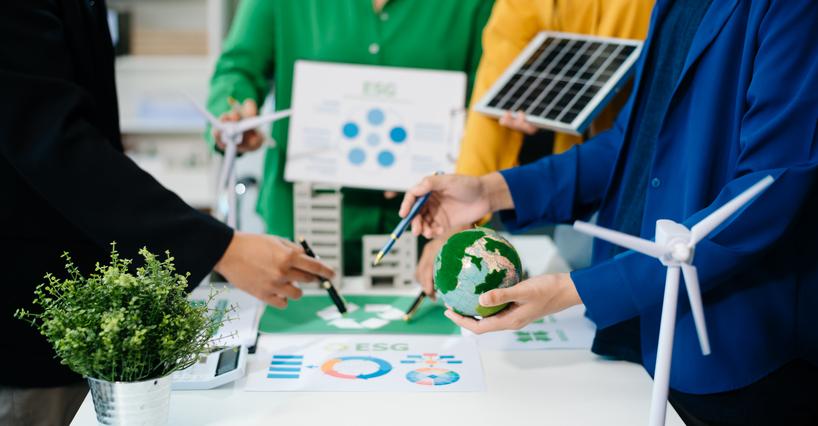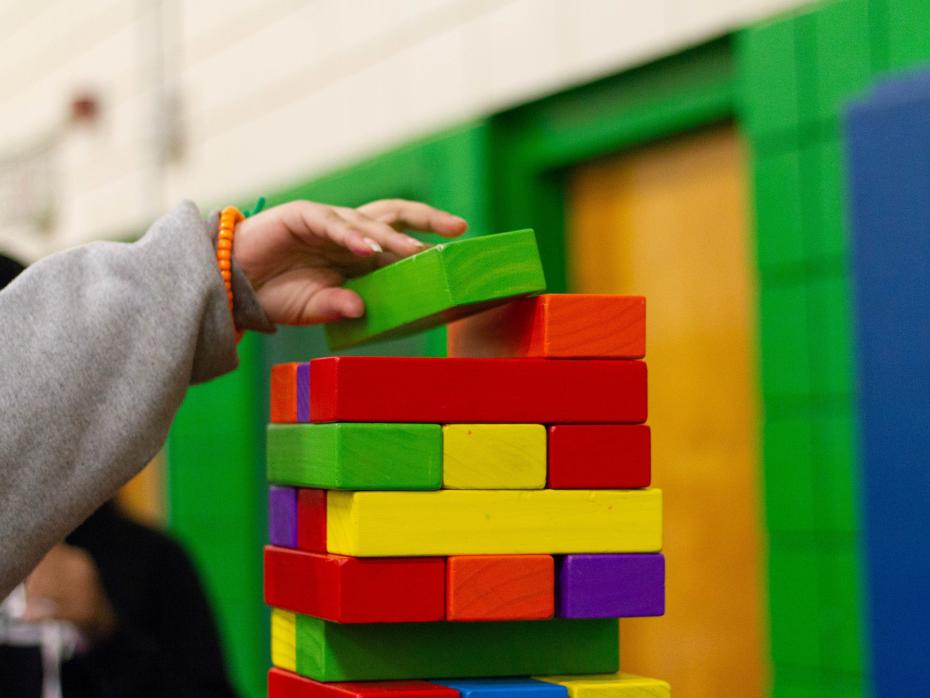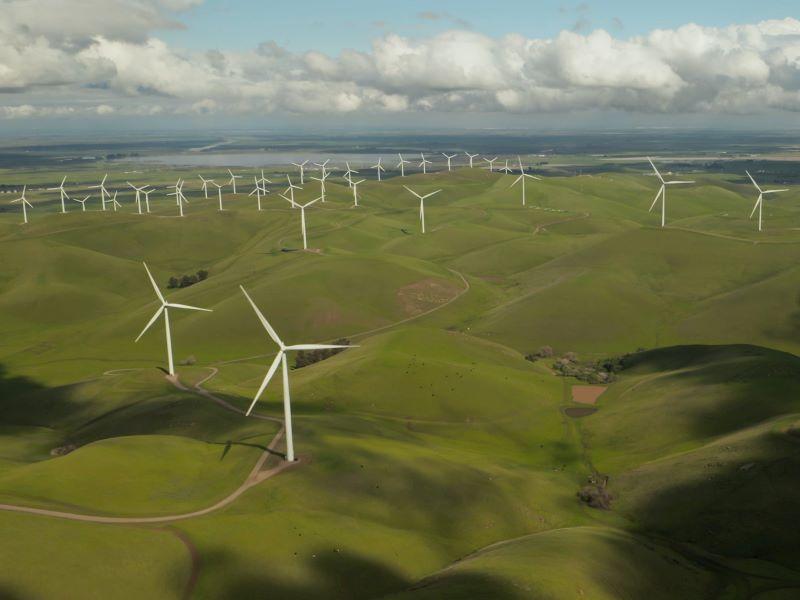In recent years, many universities have responded to social and environmental pressures by incorporating ethics, corporate social responsibility or sustainability into their curricula. While this is a welcome development, our research suggests that such efforts often fall short of producing meaningful change. Adding sustainability as an isolated topic does not automatically lead to deeper reflection or transformation among students. In some cases, it risks reinforcing the idea that sustainability is a secondary concern — an “add-on” rather than a foundation.
Earlier work we conducted in the context of business schools has explored how management education can unintentionally prioritise technical skills, individual success and performance metrics over civic responsibility and moral development. This creates a disconnect between what we teach and what the world urgently needs. The result is a generation of professionals who might be highly skilled in financial modelling or strategy but who lack the capacity to grapple with the ethical and systemic dimensions of global challenges. And this raises a deeper question: what is the purpose of higher education today? And how can it help advance broader objectives, such as the UN Sustainable Development Goals?
Understanding how students think about sustainability
To examine how future leaders conceptualise sustainability, we conducted a multi-country study across seven Latin American universities, surveying graduate students’ perceptions of economic growth, social prosperity and environmental protection. The goal was to better understand the cognitive frames students use when thinking about sustainable development.
- Competence matters more than content in sustainability education
- Transformative not transmissive education for sustainability
- How to teach through the lens of the Sustainable Development Goals
Some students adopted what might be called a “business case” mindset – seeing sustainability primarily through the lens of economic efficiency and competitive advantage. Others felt uncomfortable with the modern-day clash between economic prosperity and sustainability, but lacked a clear alternative vision. Many participants struggled to connect economic, social and environmental concerns in an integrated way. This cognitive fragmentation suggests that students are aware of tensions but are often unsure how to navigate them.
Dissonance can be productive if addressed with care. It creates an opportunity for education to intervene – not simply by offering more content but by creating spaces for critical thinking, dialogue and ethical engagement. Higher education must go beyond equipping students with tools; it must help them make sense of the values and assumptions that underpin those tools.
From knowledge to transformation: a pedagogical shift
To foster meaningful engagement with sustainability, educators must go beyond content delivery and rethink how learning happens. Our work highlights three key strategies:
- Encourage critical reflection on the values behind business and economic models.
- Foster interdisciplinary collaboration across management, environmental science, ethics and policy.
- Incorporate diverse world views to challenge universal solutions and ground learning in context.
Our ACT4SDGs project, an Erasmus+ project involving 12 Latin American universities and coordinated by two European institutions, is co-led by the university’s Center for Sustainability and Social Innovation and the School of Education, with a focus on strengthening teaching capacity for experiential learning.
Students work on real-world challenges – such as education access, climate adaptation and reducing inequalities – linking personal values with professional choices. For instance, students engage in service learning projects where they partner with local NGOs to address issues such as access to quality healthcare, or vocational training for women in underserved communities.
Through these immersions, students grapple with ethical questions, such as the importance of respecting community agency. This shifts their perception of sustainability from a “system fix” to a more culturally sensitive leadership challenge, driven by their values. In doing so, they begin to view sustainability as a complex, ethical and human-centred endeavour, rather than a purely technical issue.
Why Latin America matters
The Latin American context adds an important dimension to these conversations. The region faces acute environmental challenges and social inequalities, while being home to rich traditions of community, resilience and ecological knowledge. Our research shows that students in Latin America are juggling aspirations for economic mobility alongside concerns about inequality and ecological degradation. This makes Latin America a powerful site for innovation in higher education. Instead of importing frameworks developed elsewhere, we can build pedagogical models rooted in local realities and attuned to the diversity of thought the students bring.
For example, most students in our study did not exhibit a clear business-case frame – which prioritises sustainability only when it aligns with economic goals – nor a paradoxical frame, which acknowledges tensions between growth and sustainability, and seeks to hold them in productive balance. Instead, many showed ambivalence or disconnection between economic growth, social prosperity and environmental sustainability. They expressed concern about the environment and inequality yet lacked understanding of the ways economic growth relates to resource use or ecological limits.
By engaging with these tensions – such as uncertainty about the role of technology, or whether growth is necessary for prosperity – educational models can foster critical reflection and nuanced engagement with sustainability. This avoids the false choice between global relevance and local responsibility, and prepares future leaders to work productively within our complex world.
Aligning purpose, method and mission
If universities are serious about advancing sustainability, we must do more than update course catalogues. We must ensure alignment between what we teach, how we teach it and why we teach it. Universities have a responsibility to reflect critically on the world views they promote – and to cultivate leaders who can work across boundaries, hold multiple perspectives and imagine more just and sustainable futures.
But that potential can only be realised if we move beyond technical fixes and embrace education as a transformative process. Latin America’s experience shows that this transformation is already under way.
Maria Jose Murcia is FTMBA program director at IAE Business School and academic director of the Center for Sustainability and Social Innovation at Universidad Austral.
If you would like advice and insight from academics and university staff delivered direct to your inbox each week, sign up for the Campus newsletter.




comment